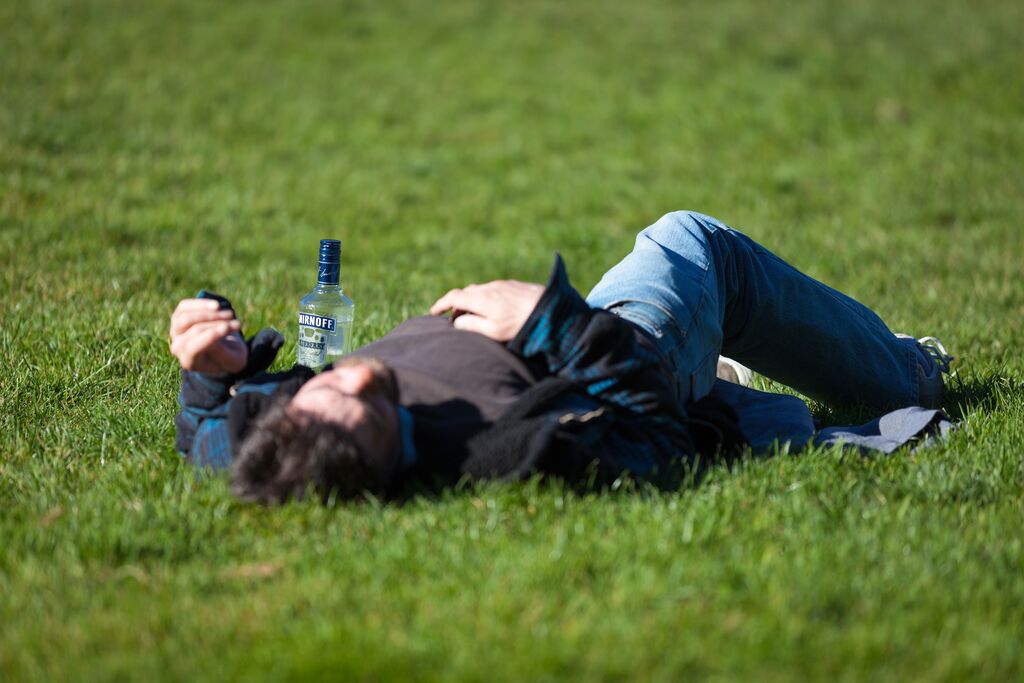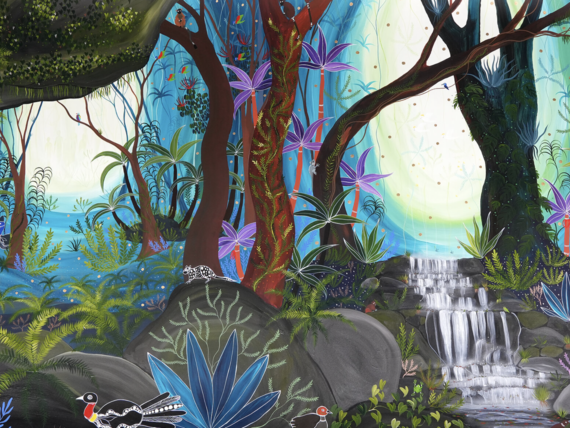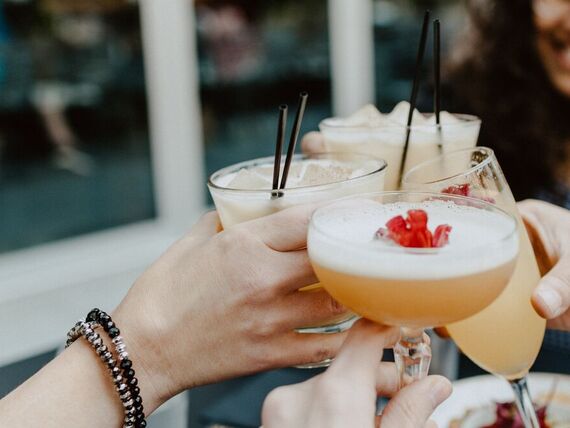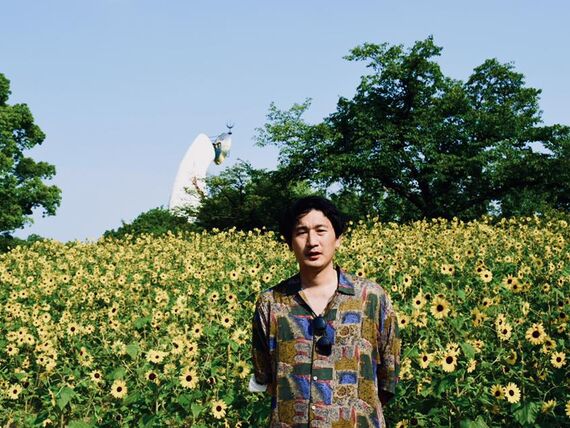
##MP##
Cairns Councillors have voted to ensure begging, urinating and being drunk in public remain against the law.
The Queensland Government’s Community Support and Services Committee is reviewing the offences and the appropriateness of police powers to ensure community safety.
It’s also considering health and welfare responses, including diversion services.
A public submission period concluded earlier this week, however Cairns Regional Council was granted an extension.
##BA##
At this morning’s general meeting, Councillors were given the option of opposing ‘any easing of legislation or operational policing response until the current system can meet existing levels of need.’
The report cited ‘the complexity of underlying health and social drivers to anti-social behaviours, the competing values and resource demands, and levels of unmet need due to a service system at or beyond capacity.’
The other option was not to make a submission at all.
The former was passed, with Rob Pyne the only councillor opposed.
##PQ##
“They impact disproportionately on homeless people and people of Aboriginal and Torres Strait Islander background," he said.
“The courts don’t want to know about these issues, they consider them a waste of their time.
“Being agile and innovative means pivoting to a health and welfare service approach.”
The other Councillors agreed about the need for empathy and understanding but said taking away police powers would be dangerous.
They argued there was no clear plan to address the potential vacuum created by decriminalisation and that police currently use plenty of discretion to avoid clogging up the watch houses or courts.
“You can’t make this stuff up – can you believe it?” said Cr Cathy Zeiger.
“I often wonder why people that are doing the right thing are not considered when we are talking about human rights.
“We need to look at everybody’s human rights.
##PQ2##
Queensland is the only state or territory where public intoxication remains a criminal offence.
Victoria decriminalised it last year in response to the death in custody of a Yorta Yorta woman who was arrested for not paying a train fare and then charged with public drunkenness.
The woman was taken to a police cell where she fell and hit her head.
In a public hearing last month, the Executive Director of Mental Health and Alcohol and Other Drugs Branch for Queensland Health, Assoc Prof John Allan, said a mechanism already exists for officers to respond in the interest of safety and welfare.
“The police can bring people to health services without arresting them, obviously,” he said.
“They have powers under the Police Powers and Responsibilities Act to bring people to a place of safety for treatment and care.”
Cairns Regional Council’s plan to address anti-social behaviour has highlighted a need for more homelessness and alcoholism services.
The review committee will hand down its report in October.
Main points
- The State Government is reviewing whether public drunkenness, urination and begging should remain illegal
- Cairns Councillors have agreed to a submission opposing decriminalisation
- Queensland remains the only state or territory where public intoxication is an offence








